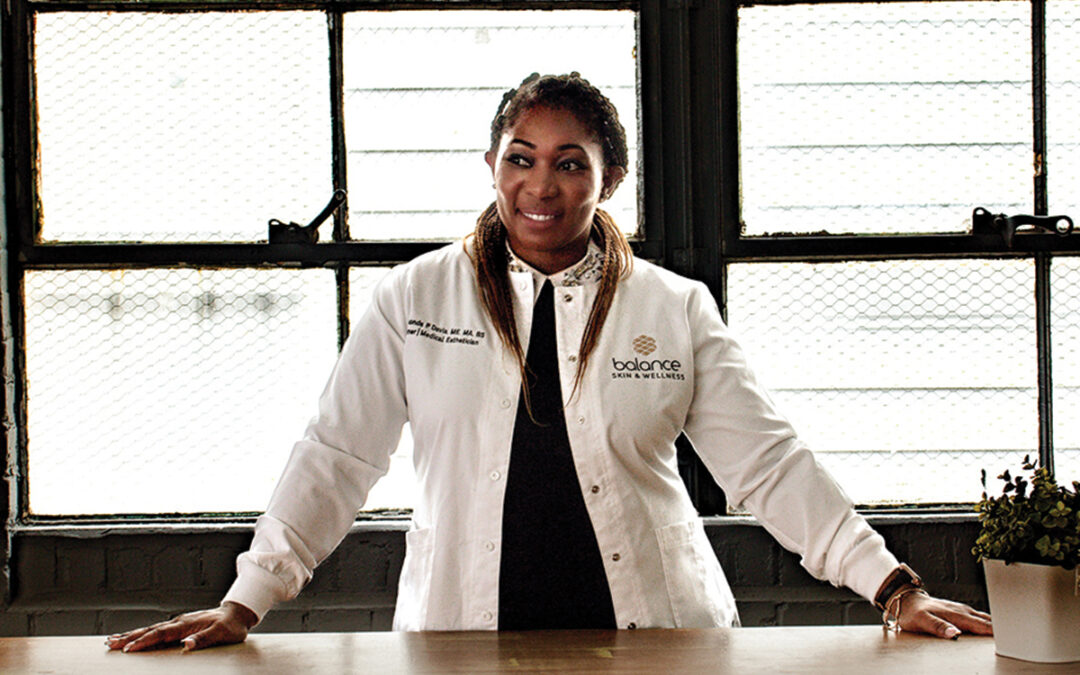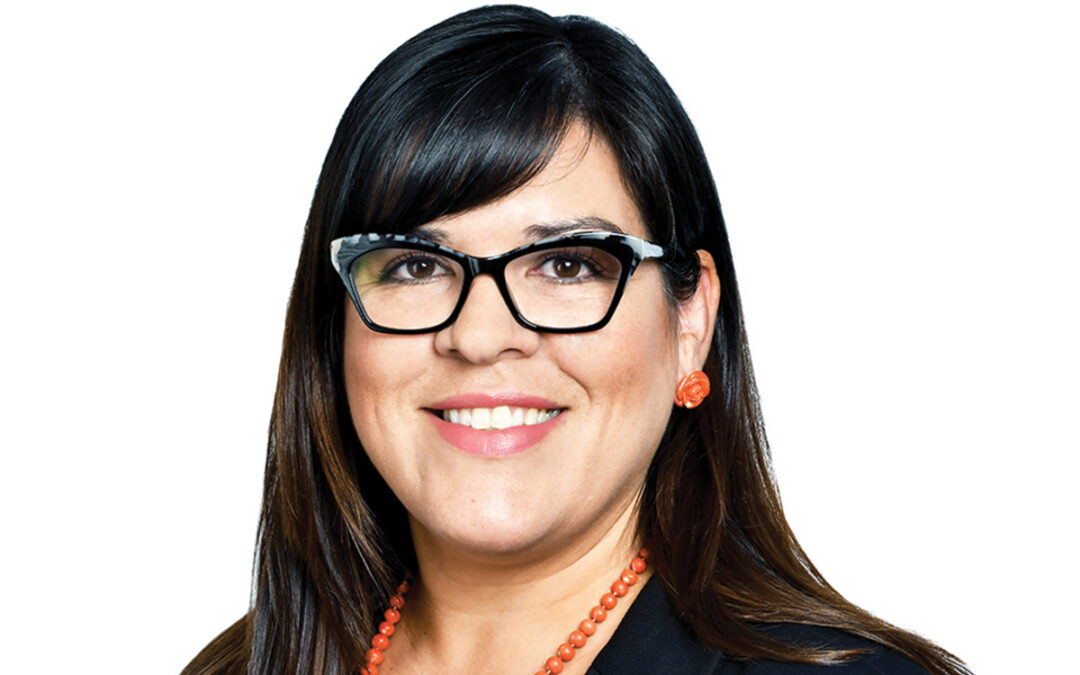By Dr. Julie Landry, PsyD., ABPP

Have you ever struggled to focus on a single task? Maybe you’re a multi-tasking queen. Or, perhaps, your partner faces challenges when crossing tasks off the honey-do list — or any list in general. Is your home a series of half-finished projects and semi-organized clutter? Does communication seem to be a key issue in your relationship? Did you nod your head yes to all those questions? I may have an answer for you — and some tips on navigating those challenges within your relationship. ADHD may be the culprit. If you think that’s a diagnosis for children. You are correct. ADHD (Attention Deficit Hyperactivity Disorder) is primarily diagnosed in children. However, in recent years, ADHD diagnoses among adults have increased — by a rate of 123.3%, according to an article published by JAMA.
What does ADHD in adults look like?
According to the National Institute of Mental Health, “Attention-deficit/hyperactivity disorder (ADHD) is marked by an ongoing pattern of inattention and/or hyperactivity-impulsivity that interferes with functioning or development.” While ADHD in adults has risen in the past few years, it’s still thought to be highly underdiagnosed in those over 18 years of age. Those with ADHD may struggle with:
● Paying attention
● Finding the motivation to start and finish tasks
● Remembering things
● Managing time and organization
● Fidgeting (especially when trying to sit still)
● Talking excessively and out of turn
How does ADHD present differently in men vs. women? Statistically, men (or boys) are diagnosed with ADHD more often than women (or girls) — with 12.9% of men and boys diagnosed with ADHD compared to 5.6% of women and girls, according to the Centers for Disease Control (CDC). Women are more likely to be misdiagnosed with mental health conditions such as anxiety, bipolar disorder, depression, or personality disorder. In addition to the typical symptoms associated with ADHD, girls, and women may also experience the following signs:
● Eating disorders
● Impatience
● Difficulty sleeping
● Deep emotion that results in crying, including often feeling overwhelmed
● Extreme shyness
● Perfectionism
● Low self-esteem
● People pleasing
How does ADHD affect relationships? ADHD — especially if undiagnosed — can create challenges within relationships (specifically romantic ones). Many times, both partners feel the strain of ADHD in various ways. Sometimes, it presents poor communication or listening skills, a low tolerance for frustration and frustration related to impulsivity, and a lack of follow-through related to commitments. Here are three specific ways ADHD can impact romantic relationships and tips on how to navigate those challenges:
Not understanding the symptoms.
Understanding the symptoms associated with ADHD is essential in navigating daily life with an ADHDer. For the non-ADHD partner, it can be frustrating that your partner does (or does not do) specific things. For the ADHD partner, it can be frustrating to want to do things but not be able to do so in a manner you and your partner feel is acceptable.
TIP: Work with your partner to better understand the symptoms associated with ADHD. Once you understand better, you can create routines that work for both of you.
Taking on a parental role.
Many non-ADHD partners find they slip into a parental role with their partner. This can be detrimental to the relationship in many ways, but it infantilizes the ADHD partner explicitly. Essentially, the non-ADHD partner takes over, making it difficult for the ADHD partner to feel valued.
TIP: Try employing ADHD support strategies. This looks like giving your ADHD partner more responsibility and working together to implement systems, keeping score. Have you ever been in the middle of a disagreement only to be reminded by your partner of something you did or didn’t do in the past? Keeping score makes it increasingly difficult to move past disagreements.
TIP: Don’t play the blame game and throw out the scorecard.
Dr. Julie Landry is a board-certified clinical psychologist. In addition to general adult concierge services, Dr. Landry specializes in relationships and couples therapy. She is passionate about helping high-achievers optimize their mental health and enhance their well-being. Dr. Landry founded Halcyon Therapy Group in June 2022 and NeuroSpark Health in February 2023. She currently sees clients in person in San Antonio, Texas, and virtually in 32 states.









0 Comments